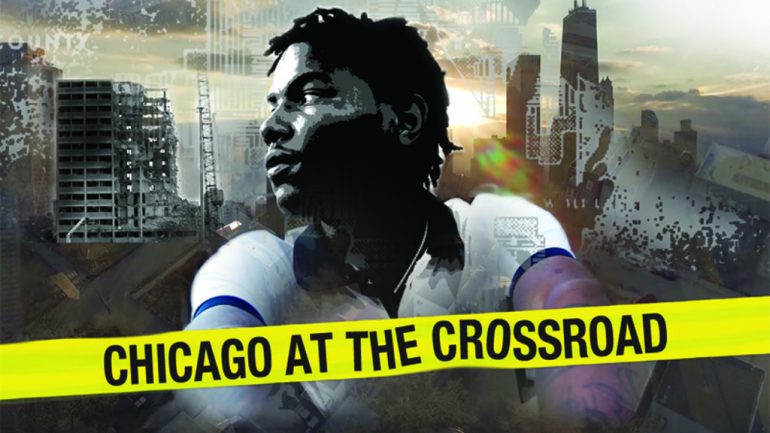It has been over 20 years since Chigaco began to rewrite a chapter of its own story, a story tucked away in the shadows of its famous skyline closing an era shrouded in an ambiguous past, as past that if not remembered will soon be forgotten. This story’s legacy, the violence and poverty that plagued Chicago’s hyper-segregated communities, but what is known about the systems that created them, the laws that isolated them, and the policies that abandoned them? And how does a city heal from decades of heartbreaking loss? At the crossroad of a nation, this is Chicago’s story.
If you break down Chicago it’s like a tale of two cities, if you are downtown Chicago you almost feel untouchable, then if you go south and visit some of the neighborhoods there it is very evident that they are starved for resources and investment. The problem is that South Chicago has been abandoned, but what is the solution?
It has now been over a decade since the world’s eyes were unmistakably fixed on Grant Park in Chicago the night the nation elected its first African-American President, Barack Obama. The pride of a city could not have been greater, Chicago felt together in unison with the renewed optimism for the future especially the narrator of this film Malik Yusef, an American spoken word poet, rapper, writer, actor, and producer based out of Gale Gardens in Chicago, once one of the most desolate housing projects in the city. It’s where Barack Obama began his career as a community organizer, and when he was elected Yusef and the people of Chicago thought we had reached a new day for America but that feeling didn’t last forever.
By the end of President Obama’s second term, the eyes of the world were once again fixed on Chicago but for all the wrong reasons this time. Murder was running through the city faster than the citizens running from it, blood was flowing through the streets.
Directed by: Brian Schodorf




